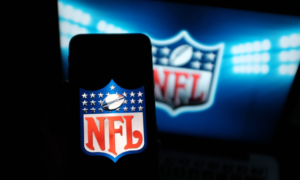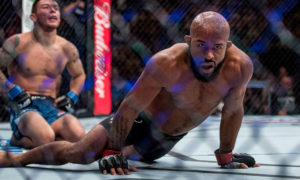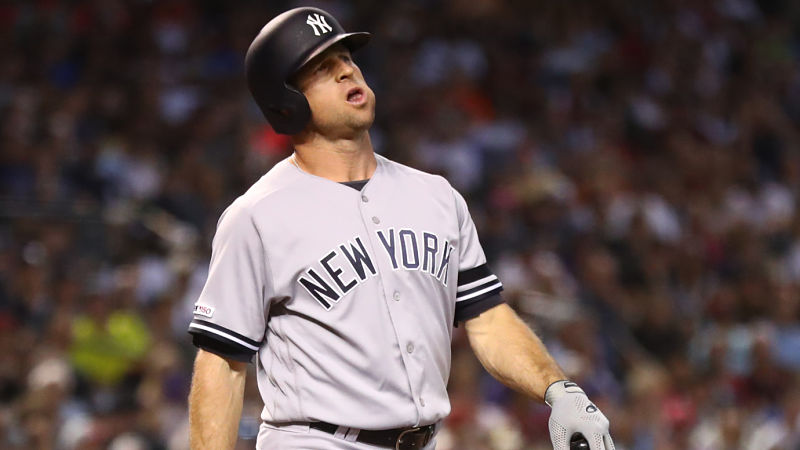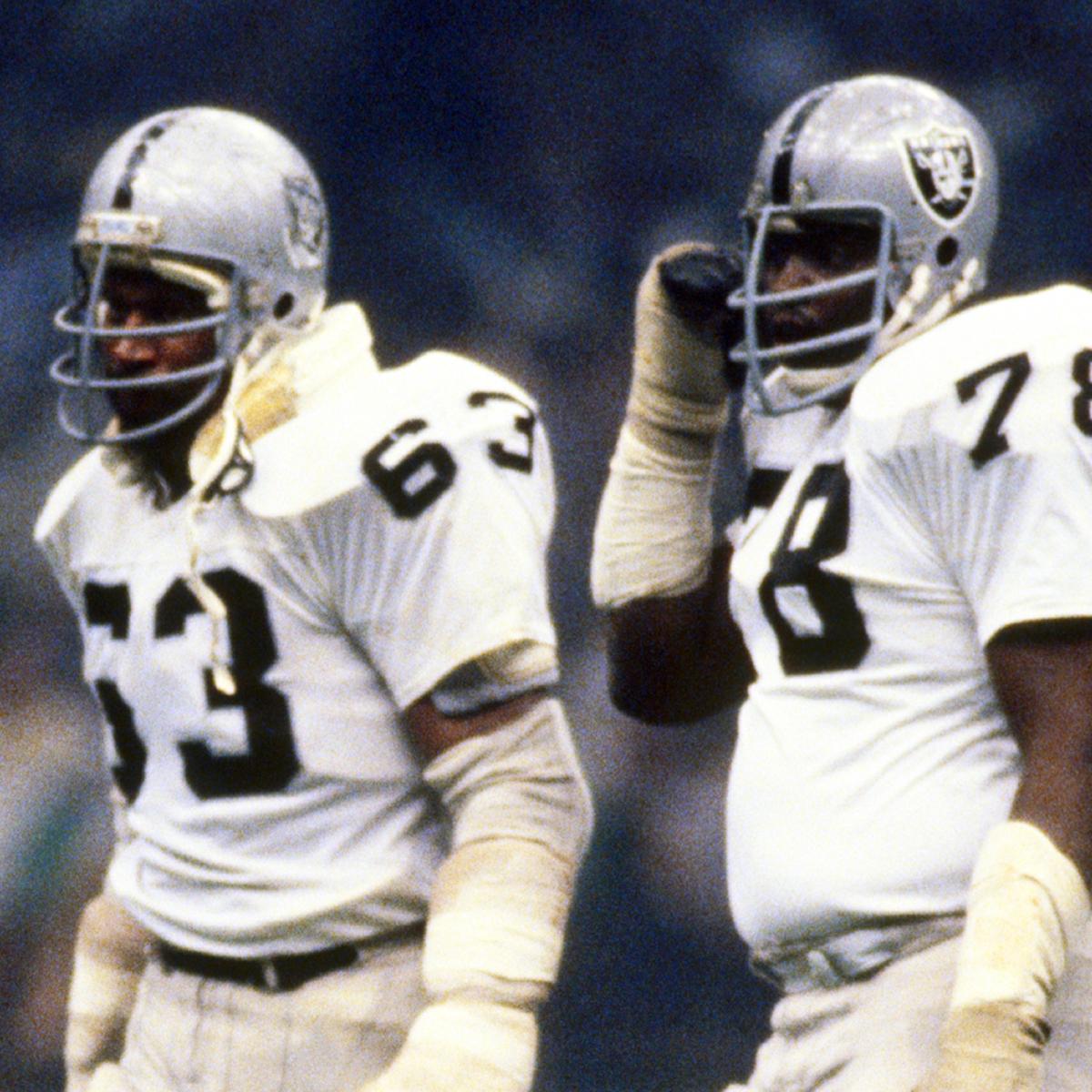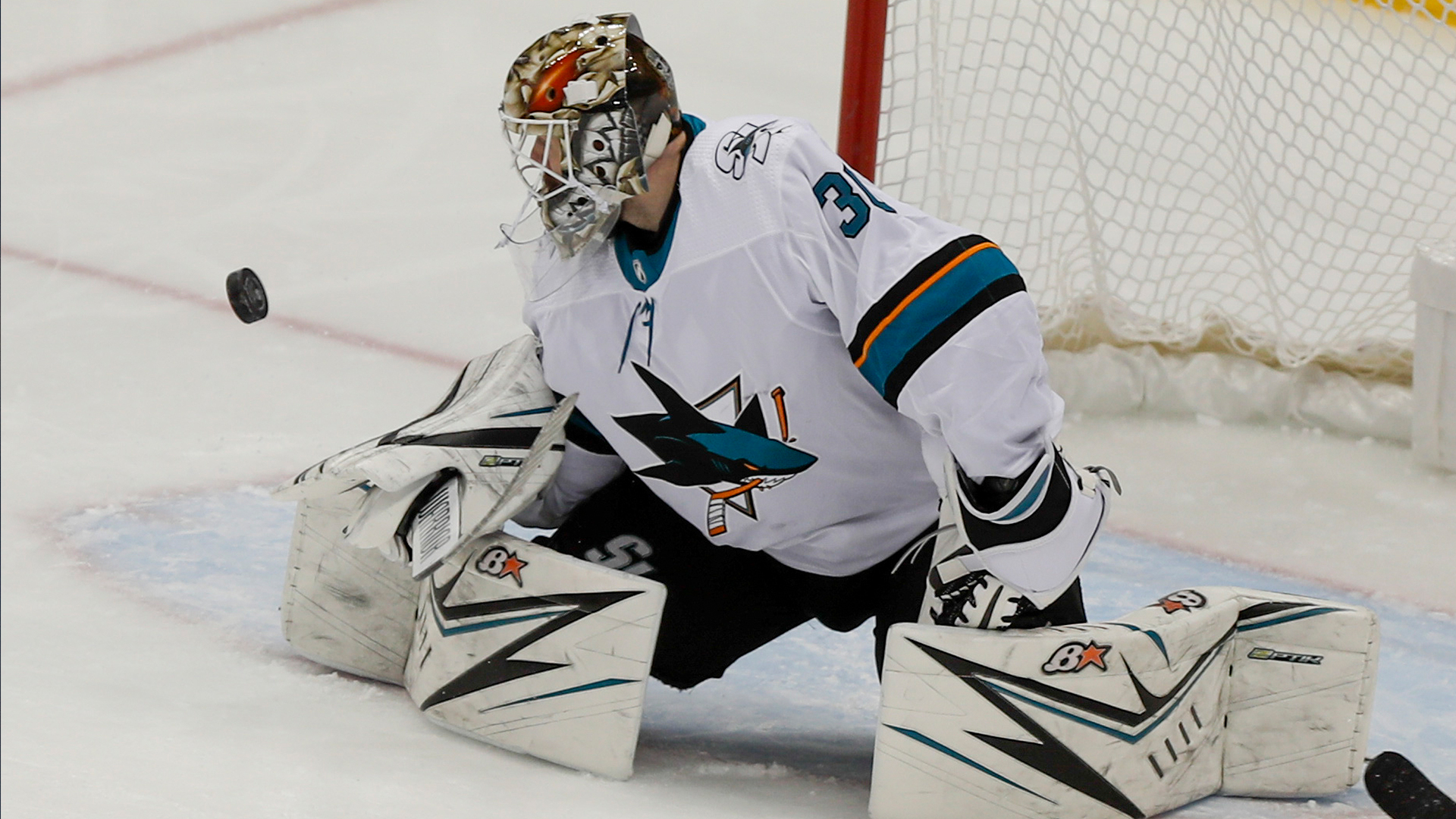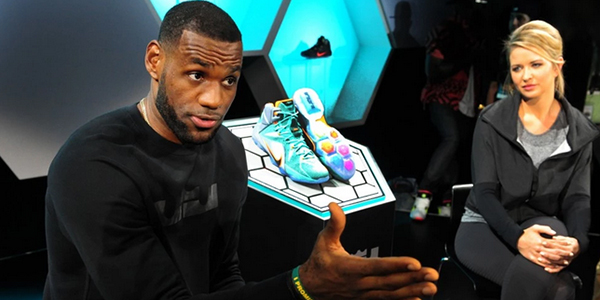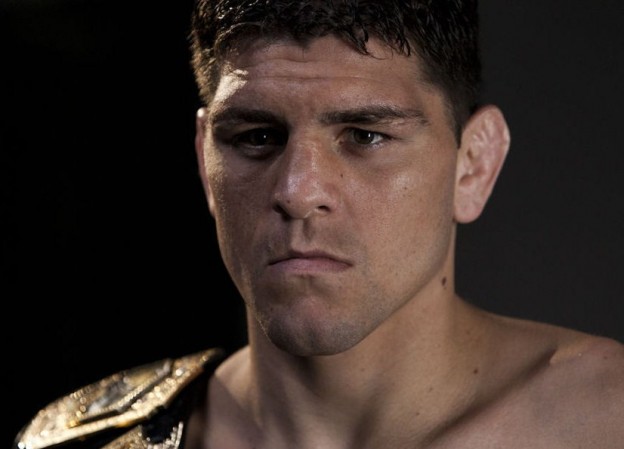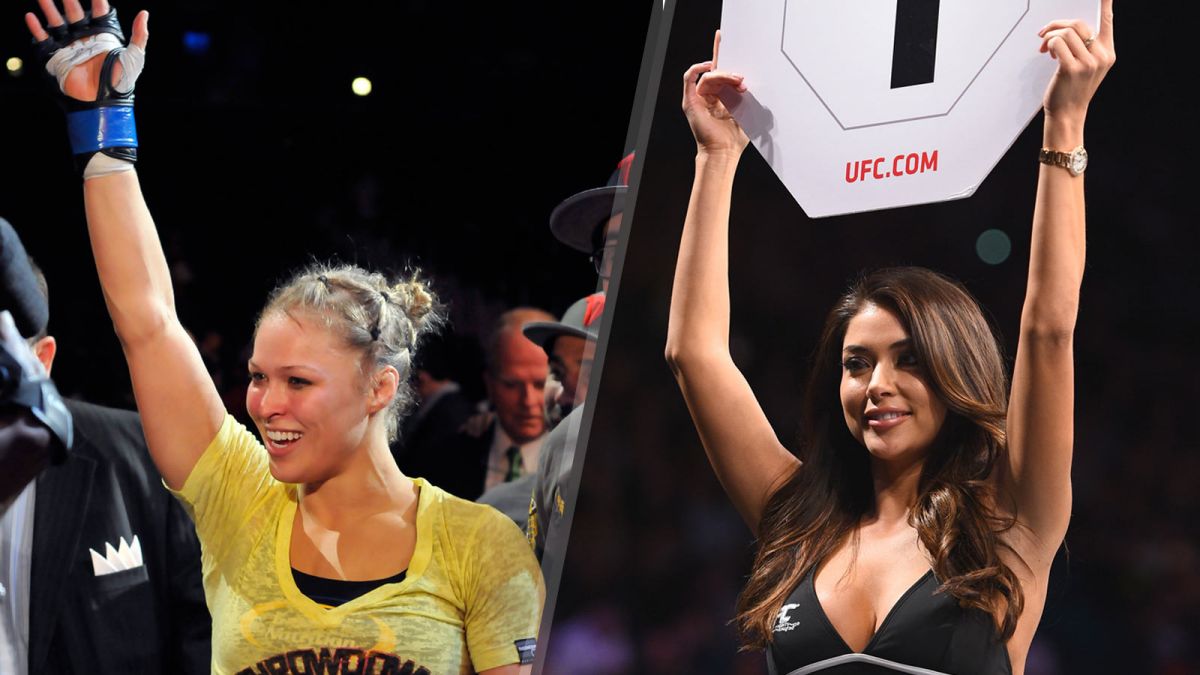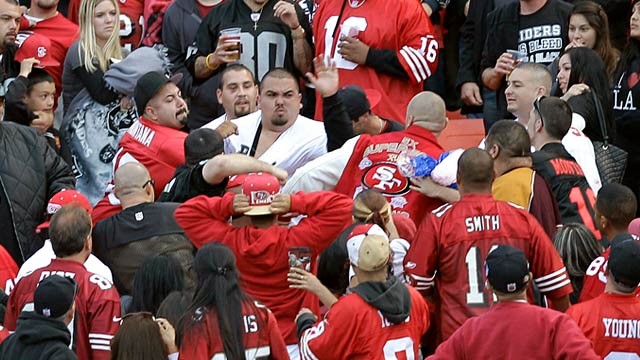Decreasing workloads make pitchers’ place in MVP voting increasingly complicated.
As awards week comes to a close with Thursday’s MVP announcements, let’s consider the place of the pitcher on a 10-player ballot. It looked for some time that Indians starter Shane Bieber may snag AL Cy Young and MVP honors this season. That no longer appears to be a viable outcome, but Bieber will certainly have a place on many ballots.
So how should pitchers factor into MVP voting? Should they be up for the award at all? What kind of workload do they need to produce? SI’s MLB experts dive into it all.
Tom Verducci
Pitchers are expressly eligible for the MVP Award, therefore they should be allowed to win it. Here’s the problem with actually voting for a pitcher over a position player: Teams keep asking pitchers to work less. Their value is inherently diminished by a decrease in volume.
The average workload of starting pitchers who have won the MVP award is 292 innings. The last starter to win MVP, Clayton Kershaw in 2014, threw 198 1/3 innings. The number of pitchers to throw 198 innings dropped from 43 that year to just 15 in 2019.
In 2014 starters averaged 6.0 innings per start and 96 pitches. In 2019 those averages sank to 5.2 innings and 86 pitches. (In this shortened season they dropped to 4.8 innings and 80 pitches.)
“Regular” rest for starters now is five days, not four. Pitchers are pitching less often, and when they do they are throwing fewer innings.
What about relievers? They also are throwing less. Four relief pitchers have won the MVP. They averaged 112 innings in their MVP year, with no fewer than 78.
Because teams are so good at developing pitchers (the supply chain) and because we know so much more about the importance of recovery (preventative health), individual pitchers just don’t have to pitch as much, and there is no indication that will change for many years to come. Pitching is just as valuable as it always has been. Individual pitchers are not.

Stephanie Apstein
I don’t really buy the argument that pitchers have their own award and so somehow the MVP is off-limits for them. If the BBWAA wants that to be the case, we’re more than welcome to codify it. (Really, we already see so very few that the frequent debates are a little silly: The only time two pitchers won in the same year was 1968, which seems about right, given that the league had to change the rules after that season to make hitting easier. And since MLB lowered the mound before the 1969 season, we have had six AL winners and two in the NL.)
I do think a pitcher really needs to put up the innings to win the MVP, whereas I’m more sympathetic to giving the Cy Young Award to a pitcher who misses a few starts but dominates. In order to be more valuable than an everyday player, you need to give your team some 200 innings—which, in the era of openers and high-80s pitch counts, means that we will likely see even fewer of them winning than we already do.
Emma Baccellieri
I think pitchers winning MVP is fine. If we regularly had a rash of votes for pitchers gumming up the works for position players, I might feel differently, but as it is, I think voters treat it appropriately. There’s clearly a higher bar for a pitcher to receive a vote for MVP, even if there isn’t necessarily agreement on just where that bar is, and that means that only the truly exceptional get rewarded. Just three pitchers have won since 1990, which feels like a perfectly appropriate rate—rare but not unthinkable.
Connor Grossman
Pitchers certainly have a place in MVP voting. Do they have a place atop MVP voting? As Tom and Steph outlined, those days appear to be coming to an end as the workload for starters continues to diminish. Personally, I enjoy the rare conversation about a pitcher firmly entering himself in the MVP race, but it should just that: a rare conversation. And so it shall be.
Will Laws
Starters have an obvious disadvantage in the quest to win an MVP; if they have a poor outing, they have to wait five days to get another crack at providing value. It’s a fine line to tread, especially in a 60-game season, when one bad start could sink your chances. But what if a pitcher makes his rotation turn every five days and doesn’t have a single stinker? That’s what happened with Shane Bieber in 2020. He led the majors in win probability added (3.0)—not just among pitchers, but all players—and increased Cleveland’s win probability in 11 of his 12 starts (the outlier was a six-inning start against the White Sox in which he allowed three runs and struck out eight). Isn’t that the definition of a league’s most valuable player?
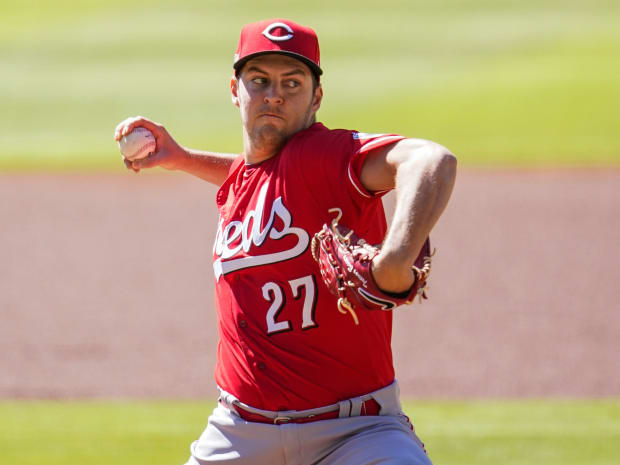
Matt Martell
Typically, I consider it a guideline that only position players should win MVP Awards, with pitchers being relegated to the Cy Young and down-ballot MVP votes. However, there are exceptions to this arbitrary guideline because, well, pitchers are eligible for the MVP award. For me to vote a pitcher for MVP (if I had a vote), that pitcher would have to be significantly more valuable to his team than any other position player in the league. Bob Gibson’s 1968 season is the best example of this scenario.
Nick Selbe
Pitchers should be eligible to win the Most Valuable Player award, but the way Major League Baseball sets up its awards suite unnecessarily complicates the matter. The existence of the Cy Young Award designed specifically to recognize the year’s best pitcher implicitly renders the MVP as a hitters’ award. The descriptor of the MVP award itself—”There is no clear-cut definition of what Most Valuable means. It is up to the individual voter to decide who was the Most Valuable Player in each league to his team. The MVP need not come from a division winner or other playoff qualifier”—only muddies the waters even further. Why have a “best pitcher” award, but not a “best player” award? Why use the malleable term “most valuable” for what is ostensibly the top individual award in the sport?
Michael Shapiro
I have no problem with pitchers being considered for MVP, and a pitcher in the race can add some juice to the awards conversation in August and September. Should pitchers be winning the award more than a couple times per decade? No. But it’s smart to view pitchers as similar to running backs in the NFL. If a player is so dominant as to outweigh his positional value, he deserves the recognition. Perhaps Gerrit Cole or Jacob deGrom can pull off the feat in 2021.
——————-
Did you miss our previous article…
https://sportsgooru.com/mlb/marcus-stroman-accepts-18-9-million-qualifying-offer-from-mets/

